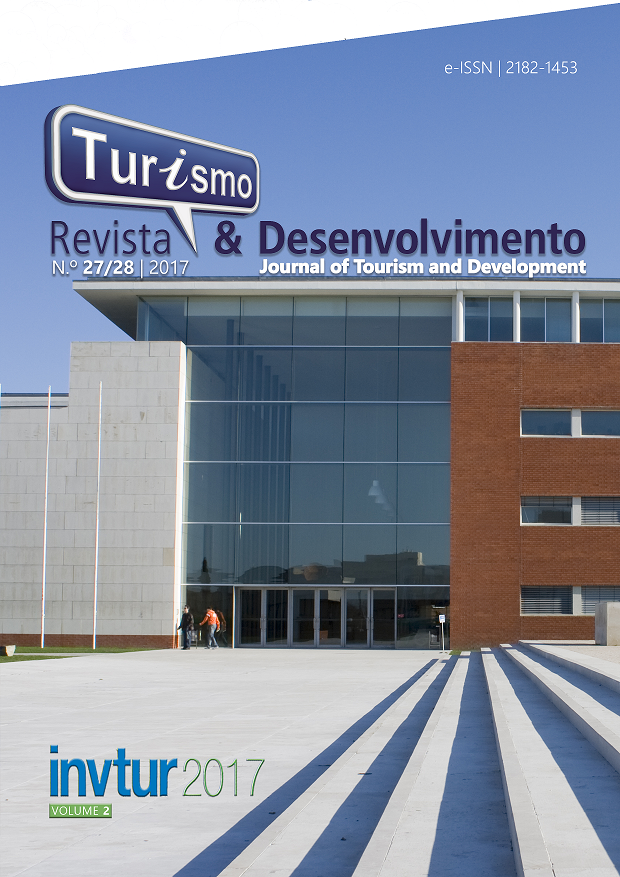“C’est ça que c’est bon!”: identity, heritage and tourism in Gilded Cage
Resumo
The Gilded Cage (2013), a French film written and directed by Ruben Alves, a Portuguese descendant residing in France, became one of the biggest box office hits of 2013 in France and Portugal. Lighthearted in tone, the film follows a family of Portuguese immigrants in Paris, focusing on the workaholic parents and their second-generation children, while displaying several stereotypes related to Portuguese identity and culture. Although partly based on preconceived ideas of what is understood as Portuguese identity, the film also seeks to show an image of modernity associated with aspects recognized as World Heritage by UNESCO, such as fado and the Douro landscape, both of which have been used at institutional level as a way to promote the country as a tourist destination. It is therefore not surprising that one of the consequences of the success that the film reached among the French public has been the increase in demand for the Douro region among French tourists after its exhibition. In this paper we intend to examine the ways in which the film portrays questions associated with Portuguese identity and culture, as well as the impact those representations have had on tourism.





